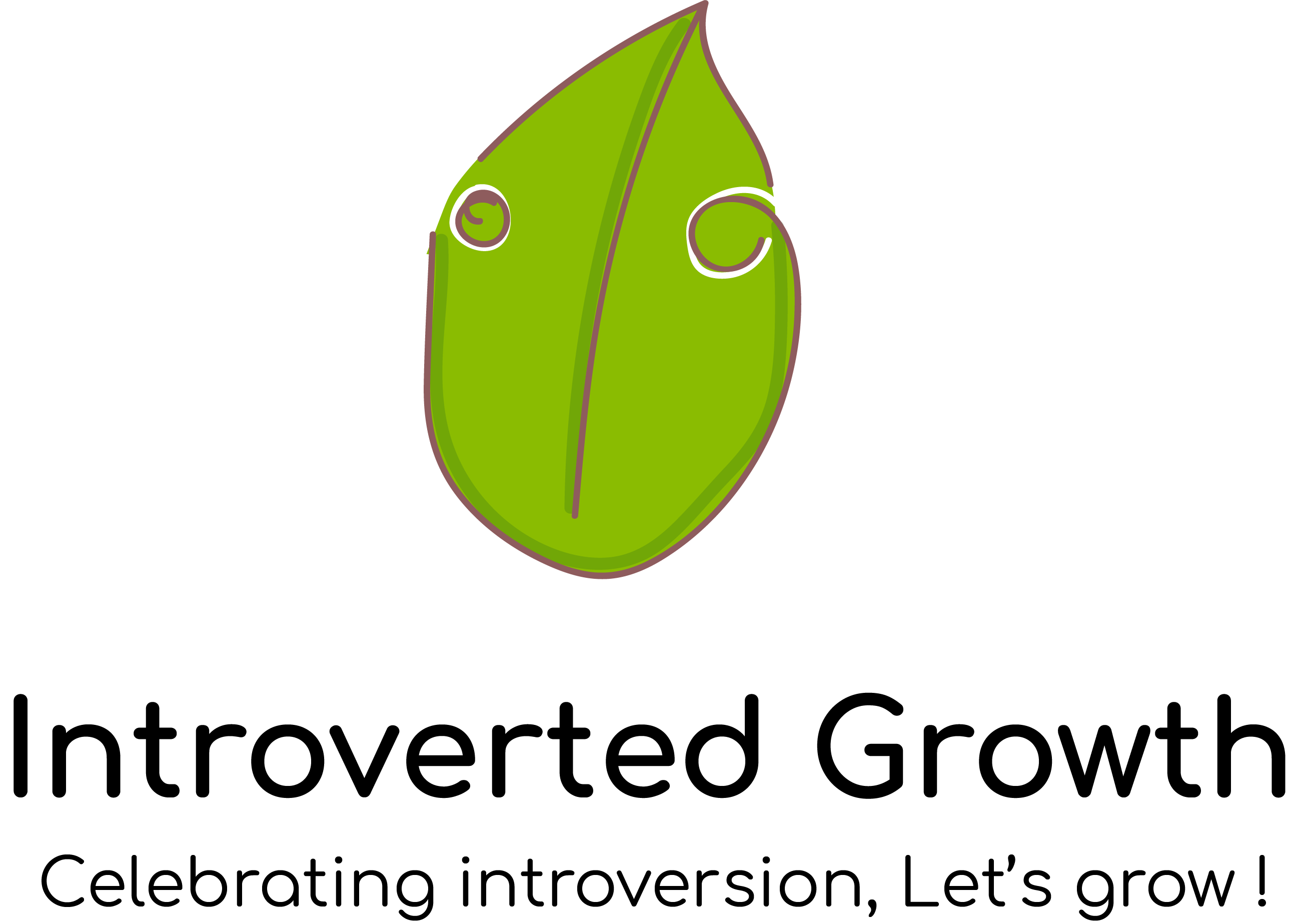Introverted thinking will be the last introverted cognitive function we go over in our series, I already covered the other three: Introverted Intuition (Ni), Introverted Feeling (Fi), and introverted Sensing (Si).
In this article, I’ll cover what Introverted Thinking (Ti) is, Who uses the thinking cognitive functions, the difference between (Ti) vs (Te), and how to practice your introverted thinking.
What is introverted Thinking (Ti)?
Introverted thinking in short: It’s a decision-making function that is associated with curiosity in ideas, working out complex systems or plans, and organizing information into subjective categories.
Subjective logic is what is preferred when it comes to decision-making for Ti users.
It is a “subjective” function that can be difficult for an ‘external’ thinker type to understand and relate to within others.
Someone whose primary mode of living is introverted thinking will strive after their own opinion rather than bend to outside influences.
Often times Ti users take the time to explore ideas in-depth on their own. They come up with many complex plans or plans of action that they do not share with others because they don’t want external influences interfering with their ability to follow through with them.
An introverted thinker will want to know how systems work and what makes them tick. They will choose to learn about and understand their surroundings through their own subjective analysis of the situation.
unlike introverted feelers, introverted thinkers do not typically need to ask questions about how they themselves possibly feel in a given situation and/or what is the ‘ethical’ thing to do.
They’re more likely to ask “why” than “what.” Ti users can be seen as knowledge-seekers who like dissecting ideas, theories, problems, and concepts in order to thoroughly understand them on a deeper level without relying much on their emotions.
Now, to fully understand introverted thinking (Ti), one must first understand the difference between introverted thinking (Ti) and extraverted thinking (Te).
Introverted Thinking vs Extroverted Thinking
-
Internally Focused (Ti) Vs. Externally Focused (Te)
- Introverted thinking requires an individual to use “internal” or subjective reasoning to come up with an idea. They’re more interested in what they can come up with and less interested in what is the “popular” or “normal” way to do things. Introverted thinking is about building systems within the individual’s mind rather than utilizing the outside world to create an idea or system.
- Extraverted thinkers are more focused on what is usually done in the outside world, more so than introverted thinking. They’re more interested in external information that exists outside of their own ideas. Extraverted thinking requires an individual to use “external” or objective reasoning to come up with an idea. If someone has a strong preference for extraverted thinking, they’re more likely to ask themselves questions such as “what is the most popular way?” or “what method is best for this situation?”
-
Seek Logic in Ideas (Ti) Vs. Seek Logic in Rules (Te)
- Introverted thinkers are more interested in categorizing ideas, concepts, and theories they’ve come up with depending on how logical they seem to them.
- Extraverted thinkers will be more likely to follow the logic in an outside guideline or rule that they may have come across.
-
Keep Systems Moving (Ti) Vs. Keep People Moving (Te)
- Introverted thinkers will make sure their internal belief system is what guides them after finding logic in it, and it will be hard to convince them to take other external factors into consideration
- Extraverted Thinkers are more focused on rules that keep people moving and can be less interested in the idea of what makes sense internally.
-
Internal Coherence & Consistency (Ti) Vs. External Adaptability & Versatility (Te)
- Introverted thinkers will be less interested in the outside world because they want to keep their internal world moving. They are more focused on preventing their internal world from falling apart, rather than changing their system based on outside factors.
- Extraverted thinkers will be more likely to change how they think or act based on outside forces because their main interest is the outside world.
Who Are the Introverted Thinkers?
- (Ti) is the dominant function of ITP personality types: ISTP, INTP
- (Ti) is also the auxiliary function of ETP personality types: ESTP, ENTP
- (Ti) is the Tertiary function of IFJ personality types: ISFJ, INFJ
- (Ti) is the Inferior function of EFJ personality types: ESFJ, ENFJ
How Do You Practice Introverted Thinking?
According to Isabel Myers (in her book Gifts Differing: Understanding Personality Type ), there are three specific steps to go about making a decision using introverted thinking:
- A person must collect all the available information from the external environment.
- They must analyze this information in relation to their own value system
- Reach a decision.
I’d suggest you keep a practice journal to track the pattern of your thought and categorize your thoughts for you to make better judgments and reach the right decisions.
In Conclusion
Introverted thinking is a cognitive function that requires an individual to use internal reasoning as opposed to external reasoning.
Individuals with a strong preference for introverted thinking will be more concerned with what makes logical sense to them than they are about the outside influences on their decisions.
I hope this article helped you better understand Introverted thinking. Let me know what you think in the comments section below.
If you want to learn more about how other cognitive functions can influence the way you think and act, read my other articles about cognitive functions here.






